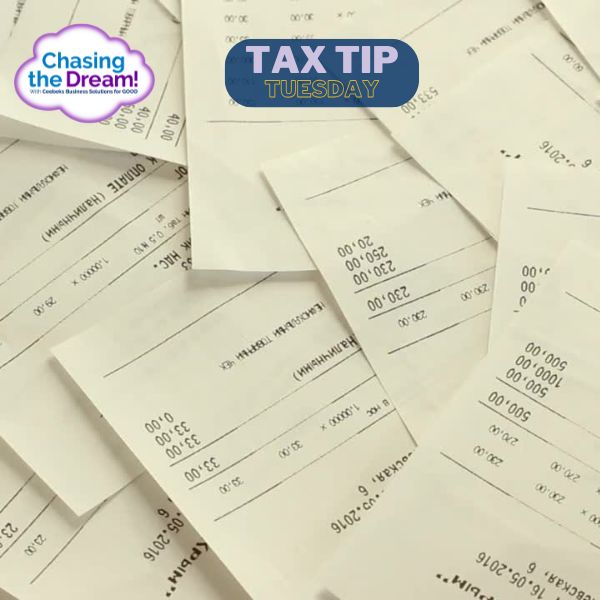Last year, the ATO made a “conscious choice” to pause its debt, audit and lodgement work at the height of COVID-19, ultimately contributing to a $1.3 billion shortfall against its compliance revenue target.
While the ATO kicked off a soft restart to compliance-related activities towards the tail end of 2020, a growing $53 billion debt book suggests that accountants and their clients can expect to see a shift in approach over the coming months.
The ATO are showing signs towards stronger enforcement of compliance with tax debts once JobKeeper ends in late March.
28 March appears to be that precipice that we’re all waiting for and the ‘line in the sand’ as to what’s normal and what’s not normal.
There’s been a lot more letters around payment arrangements and defaulting, but there are no real calls yet, just more of a forewarning.
The Institute of Public Accountants general manager of technical policy Tony Greco said accountants should begin to prepare for business-as-usual activity from the ATO.
“The GFC (global financial crisis) effectively told the ATO that they can’t stop everything for too long because the debt problems become more sizeable down the track,” Mr Greco said.
“Government assistance is still ongoing and we’ve all told [the ATO] it has to be a tailored approach and if someone is still receiving JobKeeper, for example, you know it is going to be pointless pushing them on debt.
“The issue is how they identify which business isn’t struggling and which one is once JobKeeper ends, and obviously, we encourage them to go to their intermediaries like tax agents to ascertain what the situation is before they go full-on re-engaging.”
The ATO will have to “tread carefully” once JobKeeper comes to an end but has urged business owners to get their books in order ahead of heightened ATO activity.
“It’s really about getting on the front foot, taking stock of debt, and letting the ATO know that you have a plan and you want to commit to it,
“The ATO has been really generous when it comes to payment arrangements — normally, they try to get things paid within one year, but we’re seeing them now go to two or more years as long as there’s a regular commitment to pay it.
We advise business owners not to overcommit knowing that JobKeeper is going to end and they may have to pay back rent that hasn’t been paid if it was frozen during COVID, because creditors may also want to start being paid as well.
Please reach out to us if you have any concerns on how to manage your cash flows.

